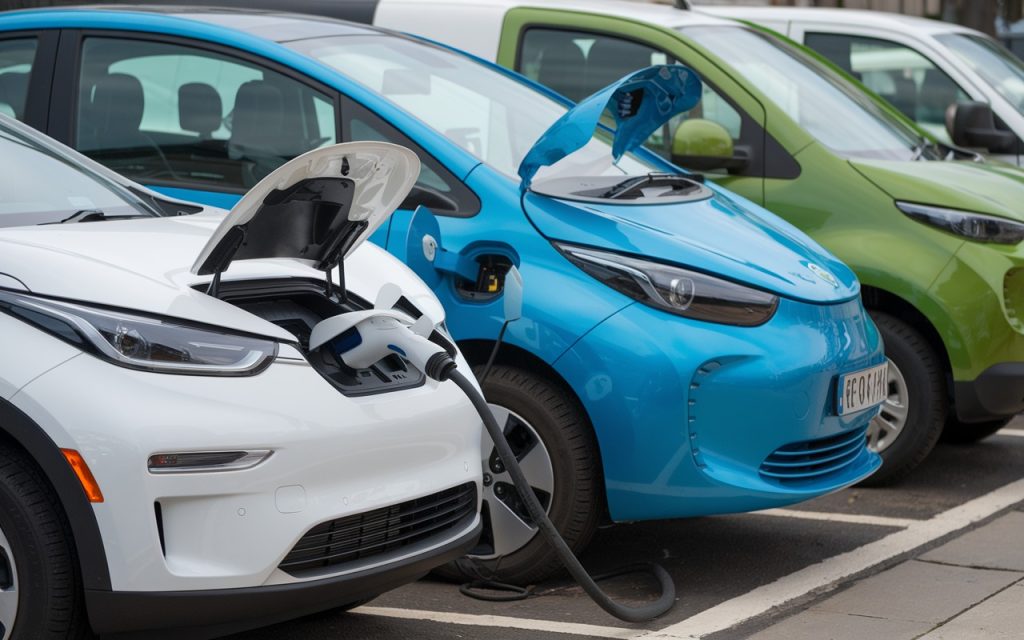
Sustainability is to become the new order of the new era of automotive engineering and manufacture; that’s where electric vehicles (EVs) and hydrogen fuel cell vehicles (FCVs) come in. An electric vehicle deploys advanced battery technology in storing and delivering energy; this entails zero tailpipe emissions while reducing the dependence on fossil fuel sources. On the other hand, an FCV generates electricity out of hydrogen, and the only byproduct is water vapor, giving it greater range and shorter refueling times. Although both technologies promise cleaner transportation, some challenges remain, including charging infrastructure, costs of hydrogen production, and energy efficiency. Developments in battery storage, renewable energy inputs, and fuel cell efficiency will determine these technologies’ fate. As this automotive industry progresses, EVs and FCVs will feature as the enablers creating a sustainable carbon-neutral future for global mobility.
Shift from internal combustion engines to green energy
The jump from internal combustion engines (ICEs) to green energy is a leap forward, driven by the dire need to conserve carbon and reduce reliance on fossil fuels. Rapid strides are being made to develop electric vehicles (EVs) and hydrogen fuel cell vehicles (FCVs) by all that is left in the race amongst the automobile makers to replace gasoline- and diesel-powered engines. EVs run on rechargeable batteries with zero emissions and greater efficiency, while FCVs use hydrogen to generate electricity, emitting only vaporized water. Strenuous emission regulations are being mandated by a large number of countries in the world for green vehicle adoption, besides fiscal incentives and investment in renewable energy infrastructure. The transition to green energy will usher in another dimension in mobility with a better clean future as battery technology develops, making hydrogen production much more sustainable.
Uses of Electric Vehicles (EVs) & Hydrogen Fuel Cell Vehicles (FCVs)
| Aspect | Electric Vehicles (EVs) | Hydrogen Vehicles (FCVs) |
| Energy Source | Batteries (electricity) | Hydrogen fuel cells |
| Efficiency | 80-90% energy conversion | 40-60% energy conversion |
| Range | 150 – 370 miles | 300 – 400 miles |
| Refueling Time | 30 minutes to several hours | 3–5 minutes |
| Infrastructure | Widespread charging stations | Limited hydrogen stations |
| Environmental Impact | Zero emissions (depends on energy source) | Zero emissions, but hydrogen production can be energy-intensive |
| Cost | Lower operating cost | Higher due to hydrogen production and infrastructure |
| Adoption Rate | High and growing | Slower adoption due to infrastructure challenges |
Role of ai and connectivity
Artificial intelligence and connectivity are transforming automotive engineering, especially in electric and hydrogen vehicles. Some noteworthy developments are as follows:
- Autonomous Driving
- Battery Management
- Predictive Maintenance
- Smart Charging
- Hydrogen Enhancement
- Vehicle to anything communication

You also check siemens.com for more information about the role of AI and connectivity in automotive engineering.



